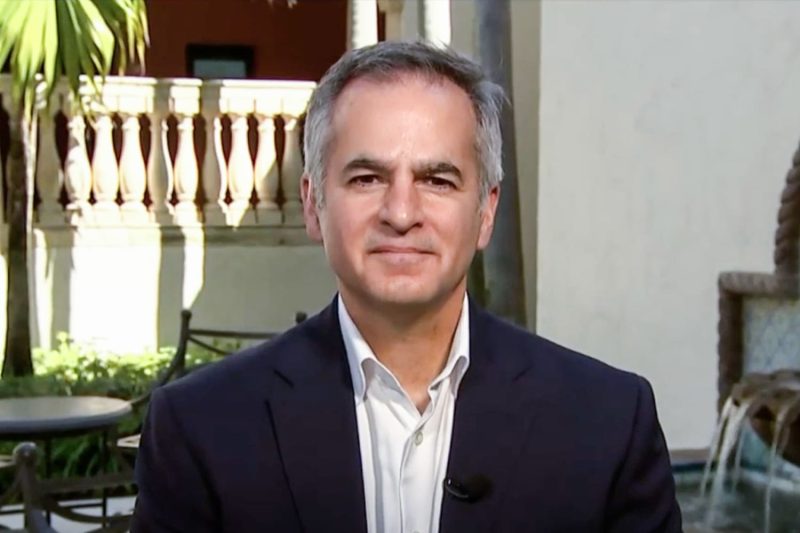In a world where financial struggles have become increasingly prevalent, every tip and trick to save a few bucks is worth considering. Recently, the CEO of Kellogg’s, a well-known cereal brand, suggested that people should consider having cereal for dinner as a cost-saving measure. This statement sparked a significant amount of backlash and debate among consumers and financial experts alike.
The suggestion to have cereal for dinner may seem novel to some, but it raises important questions about budgeting, nutrition, and the societal norms surrounding meal choices. While the idea of having cereal for dinner may help cut down on grocery expenses, it also highlights the challenges many people face in affording nutritious and balanced meals.
On one hand, cereal can be a relatively inexpensive food option compared to dining out or preparing elaborate meals. It is shelf-stable, easy to prepare, and comes in a variety of flavors to suit different preferences. For individuals or families struggling to make ends meet, cereal for dinner can be a practical and affordable choice that helps stretch their food budget.
However, critics argue that relying on cereal for dinner as a money-saving strategy may not be the healthiest option in the long run. Cereals, especially those marketed to children, can be high in sugar, salt, and processing, which could contribute to health issues like obesity and dental problems when consumed in excess. Additionally, a meal consisting mainly of cereal may lack the necessary nutrients found in a more balanced dinner, such as proteins, vegetables, and whole grains.
The backlash against the Kellogg’s CEO’s suggestion also brings to light broader issues of food insecurity and financial hardship. While some consumers may see cereal for dinner as a creative cost-cutting measure, others may view it as a stark reminder of the challenges faced by individuals and families struggling to put food on the table. In a society where food deserts, income inequality, and rising food prices are prevalent, the idea of cereal for dinner raises questions about access to affordable, nutritious food for all.
Ultimately, the debate surrounding the CEO’s suggestion highlights the complex relationship between food, finances, and health. While cereal for dinner may offer a temporary solution for budget-conscious individuals, it is important to consider the long-term implications on nutrition and well-being. As discussions continue around affordable and healthy eating options, it is essential to address the underlying factors that contribute to food insecurity and financial hardship, so that everyone has access to nutritious meals that nourish both the body and the budget.




























